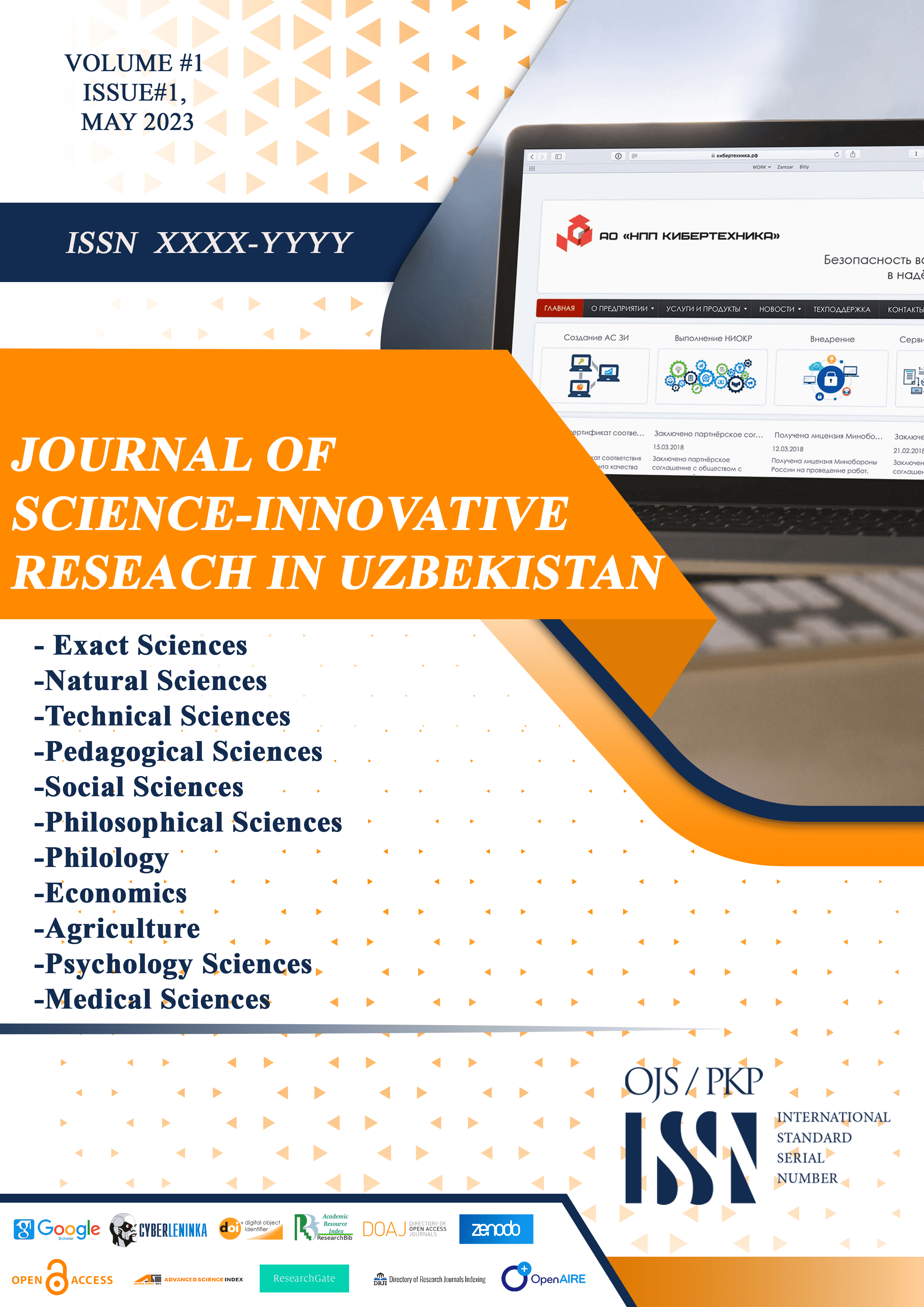Abstract
This article examines the significance of pedagogy in art education and its impact on fostering creativity and critical thinking skills among students. It highlights how effective art education transcends mere technical training, creating an environment where exploration and self-expression can thrive. The article emphasizes the importance of diverse teaching strategies, particularly experiential learning, collaboration, and reflection, which encourage students to engage critically with artworks and their cultural contexts. A student-centred approach is advocated, allowing individuals to pursue projects aligned with their personal interests, while the integration of technology is suggested as a means to enhance the learning experience. Ultimately, the article posits that a thoughtful pedagogy in art education cultivates not only artistic abilities but also essential critical thinking skills, preparing students to navigate and interpret the complexities of the world around them.
References
1. Lowenfeld, V., & Brittain, W. L. (1987). Creative and Mental Growth. New York: Macmillan.
2. Robinson, K. (2006). Out of Our Minds: Learning to be Creative. Capstone.
3. Amabile, T. M. (1996). Creativity in Context. Westview Press.
4. Freire, P. (2000). Pedagogy of the Oppressed. Continuum.

This work is licensed under a Creative Commons Attribution 4.0 International License.

